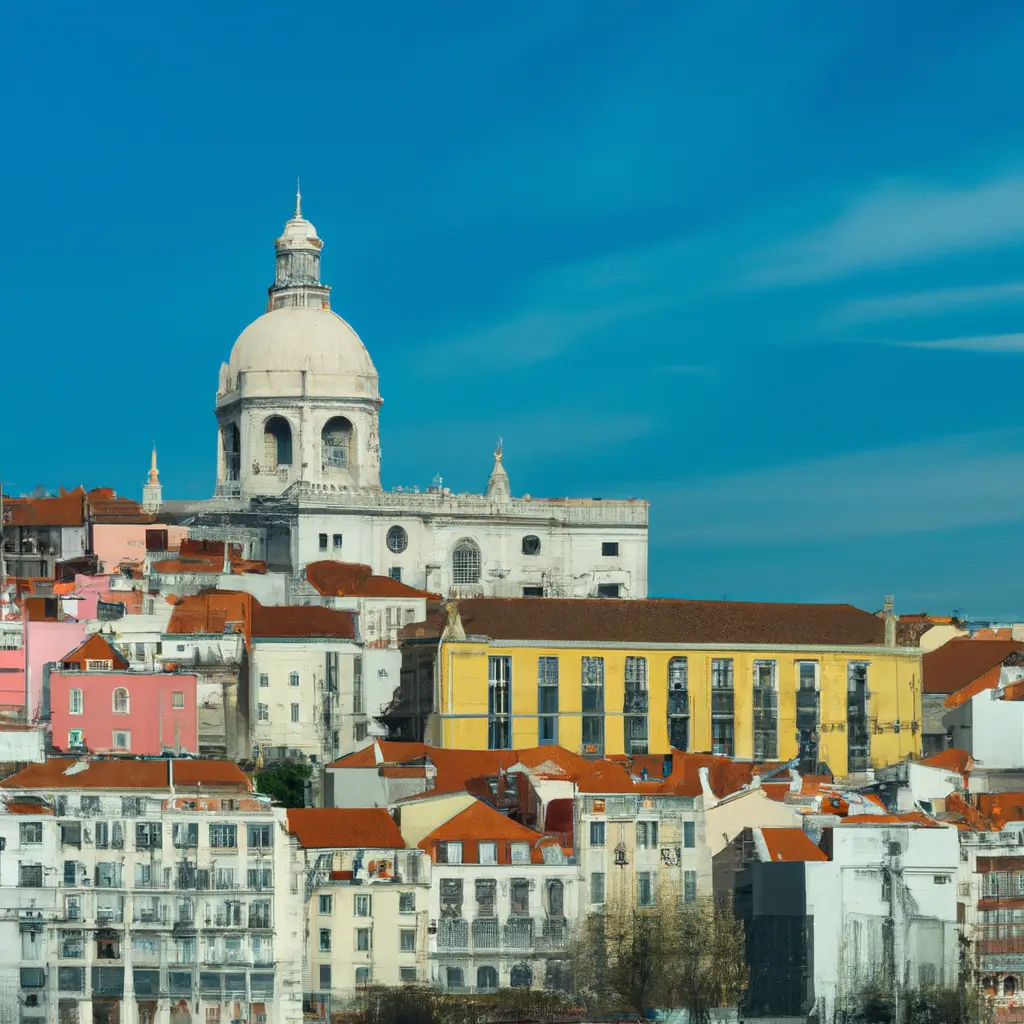What are the best investment opportunities in Lisbon today?

In Portugal, tourism is banned for travelers from countries with high levels of infection with the new coronavirus, such as Brazil and India.
A recent study by Engel & Volkers has revealed a slowdown in the real estate price cycle in Portugal, which has led to impressive price increases in recent years. According to the consultants, this downward price trend will continue in the second half of the year.
Despite the analyses and forecasts of experts, most people in Portugal remain shocked by the cost of real estate. This topic is discussed in almost all meetings, as confirmed by the author of this article during a visit to Lisbon.
After the pandemic and the situation with Ukraine, the general impression is that it is very difficult to find an apartment to rent in the Portuguese capital. Avenida Liberty and Rua Castillo are the most expensive areas of the city, where you can find apartments costing up to 9 million euros, such as Cristiano Ronaldo's penthouse. So today the alternative for the middle class is to move over the bridge, as they say here, and live in suburbs like Setubal, which are an hour's drive from the center of Lisbon.
Obviously, the inflationary situation in the Portuguese real estate market has a direct impact on Brazilians living or intending to move to Portuguese soil, as well as on those who are looking here for investment purposes. Brazilians lead the ranking of nationalities that are the most active in investing in real estate in Portugal and are most interested in quality of life, including the security aspect, which is a rarity in our country. Most properties sold by Brazilians are concentrated in and around Lisbon, such as Cascais and Estoril, and are usually luxury and more expensive properties priced from 1.5 million euros.
After almost 15 years since the introduction of the Non-Permanent Residents Law (RNH), which contributed to the modernization of Portugal by attracting foreign investment, and in light of the new economic situation in Brazil, which is still characterized by high interest rates and a high exchange rate, the question arises as to whether Brazilians should still buy property here. The answer will depend on the purpose of the real estate purchase, whether it is for residence or for investment to generate a steady income. Personal details also influence this answer, as depending on the purchase price, investing in overseas real estate can threaten the family budget.
The first impression of the attractiveness or otherwise of the Portuguese market for Brazilians is related to the value of our currency against the euro. In 2009, the euro was worth three times as much as the real. Now that number has almost doubled. Thus, an apartment that cost 3 million reals, now costs Brazilians almost 6 million reals. And this is without taking into account the revaluation of real estate prices in recent years, which has significantly increased the value of the proposed objects. If one has sufficient financial resources, investing in real estate seems to be a better option than buying for one's own use.
Lisbon, with a population of 546,000, receives between 30,000 and 40,000 tourists every day.
13 May 2025
14 May 2025
14 May 2025
Portugal has already established itself as a popular vacation destination for international tourists. Thanks to its mild climate, culture and gastronomy, the country attracts more visitors every year, many of whom choose to live in Portugal or do business here. But this was not always the case. Interest in the country has increased since 2009, when Portugal launched a program aimed at attracting foreigners through tax incentives for those who establish permanent residency or invest in the country. The idea behind the program, governed by the Non-Permanent Residents Law (RNH) with a ten-year term, was that retirees would not pay taxes on their pensions in either their country of origin or destination. For qualified professionals, such as academics or company executives, the tax rate was 20% of their income. Fewer than 30,000 foreigners established permanent residence in the country during the period of the Act, many of whom attracted tax breaks, while others left because of taxes on large fortunes, as was the case for the French.
At first glance, this seems a small number of new residents compared to the total population of the country, which today stands at more than 13 million, but it is enough to look closely at the situation since 2010 and compare it with today's situation to realize that the arrival of these foreigners has greatly changed the atmosphere of the cities, especially the capital, Lisbon. Famous restaurants, luxury stores and services oriented towards wealthy clients can be found everywhere. These changes were made precisely to satisfy the special tastes of the new inhabitants, already accustomed to first class products and services. Investors from all over the world bet on Lisbon, counting on this special clientele, and the city has benefited from this in many ways, transforming itself into a cosmopolitan environment that will not leave any foreigner indifferent. Brazilians, too, were contaminated by this new look for the country and immediately wanted to enter this circle, but with other interests, unrelated to the tax incentives that attracted Europeans and Americans. The difference in exchange rates between the real and the euro and inflation in the real estate market has cooled the excitement a bit, but Portugal still offers good investment opportunities for Brazilians.
Comment
Popular Offers

Subscribe to the newsletter from Hatamatata.com!
Subscribe to the newsletter from Hatamatata.com!
I agree to the processing of personal data and confidentiality rules of Hatamatata














